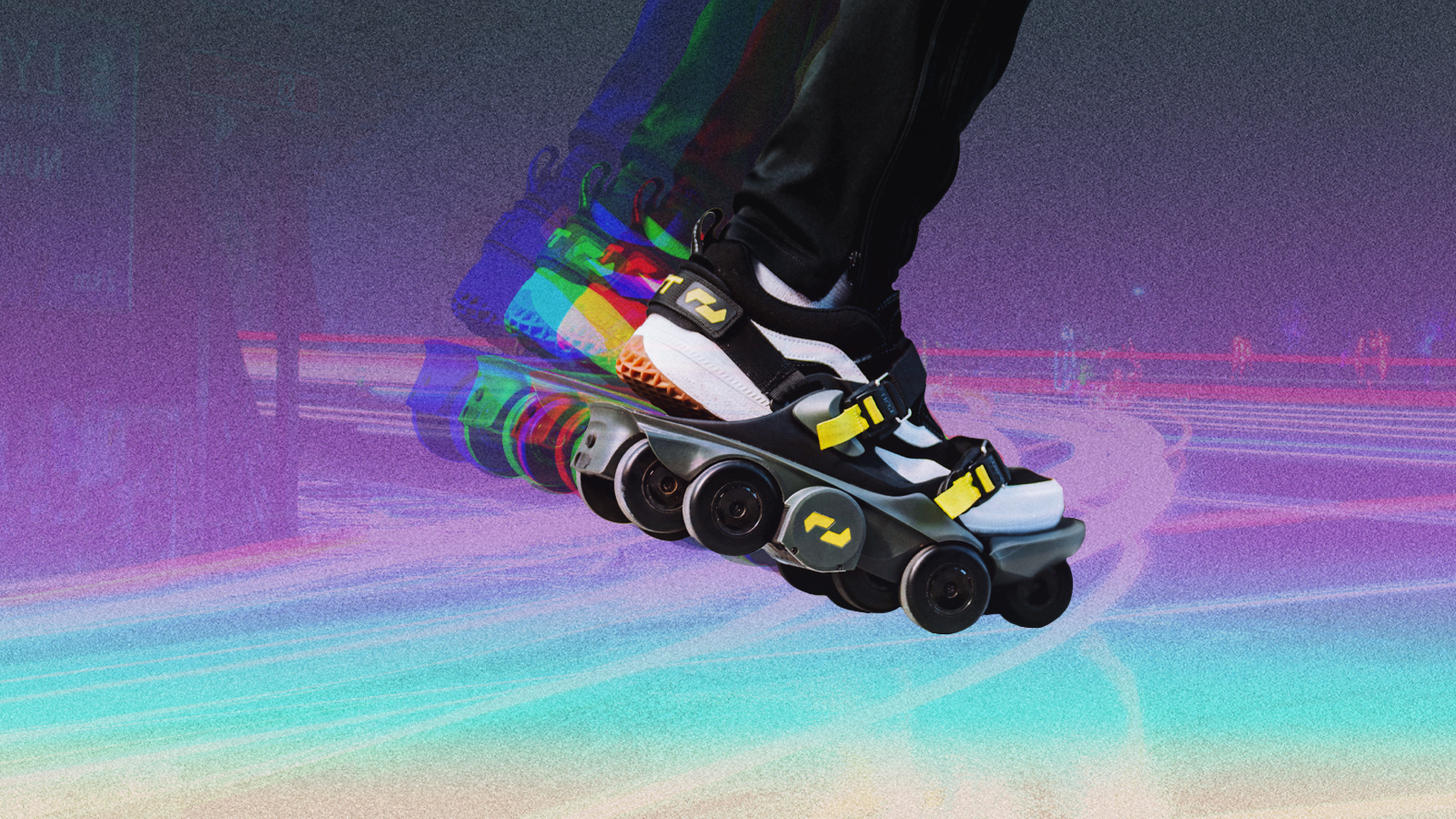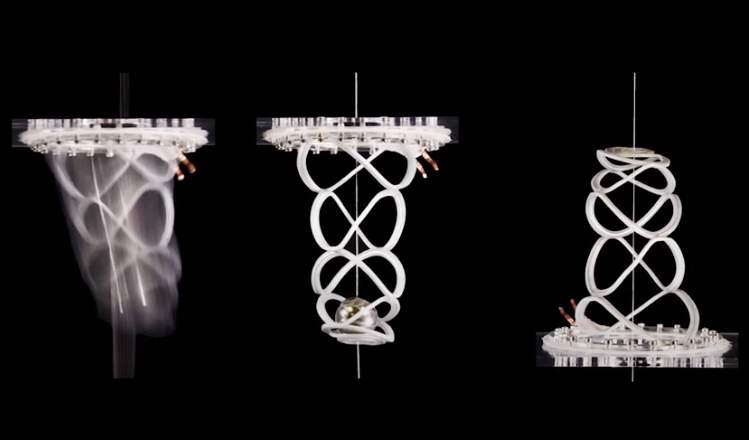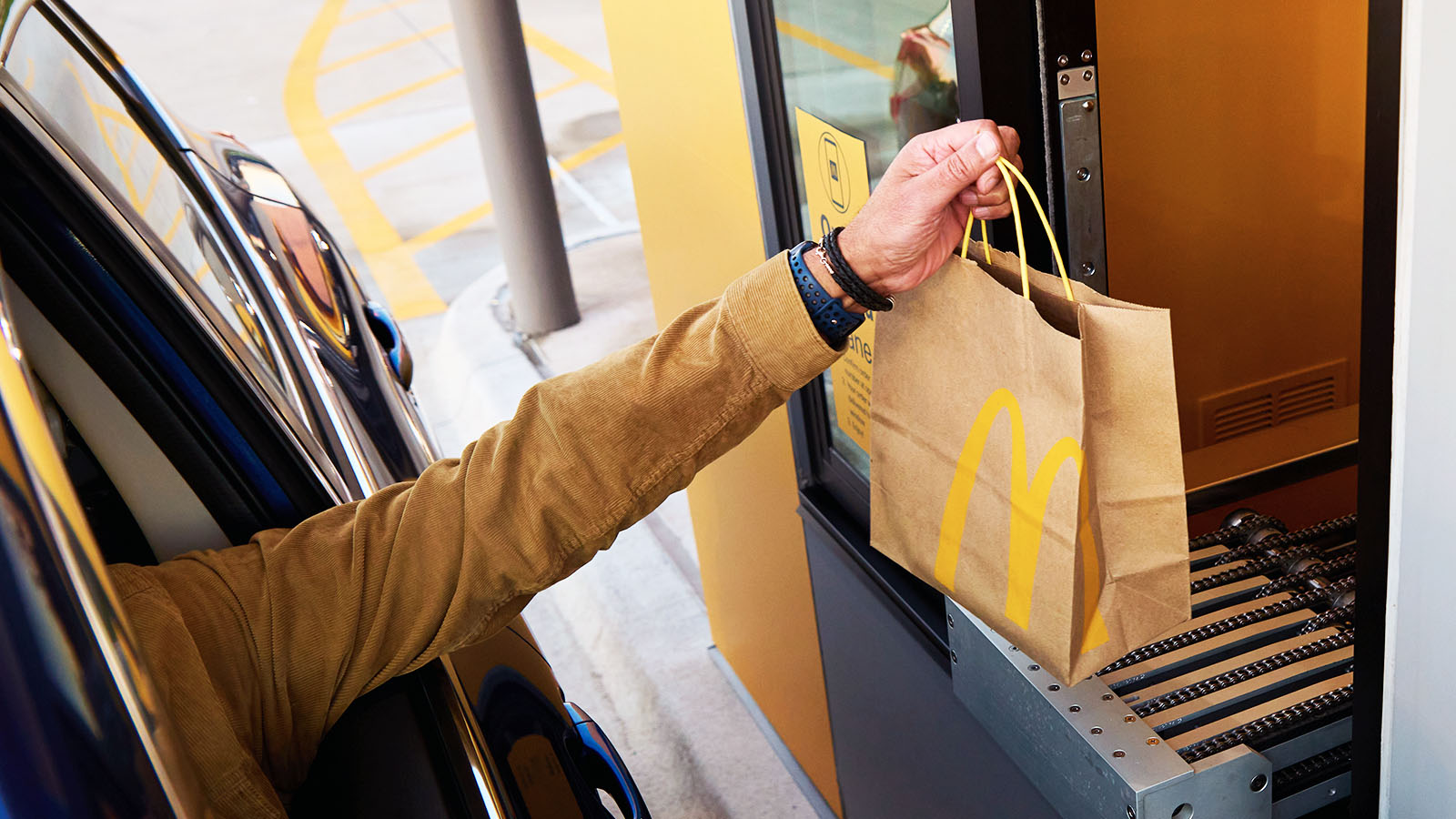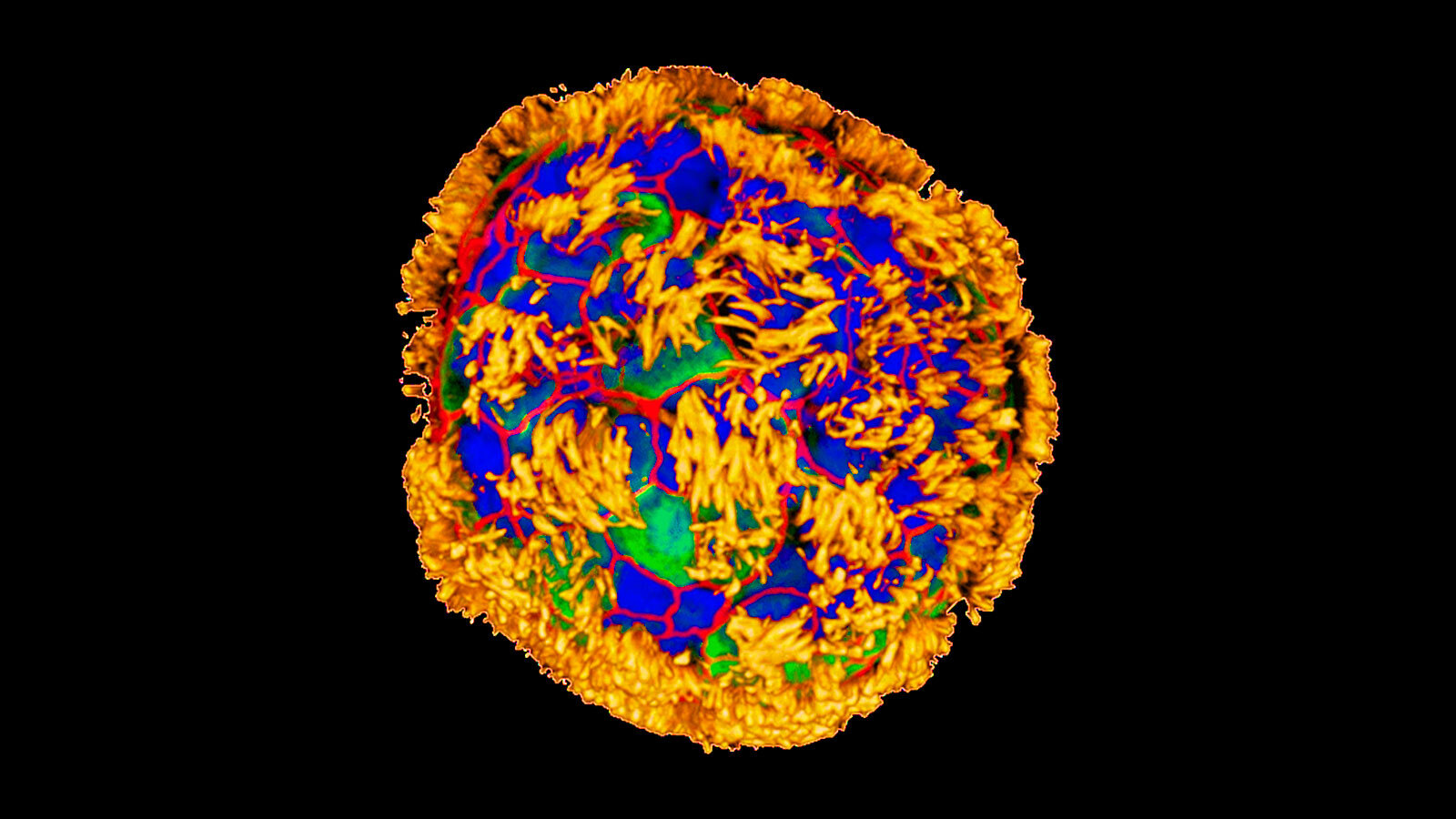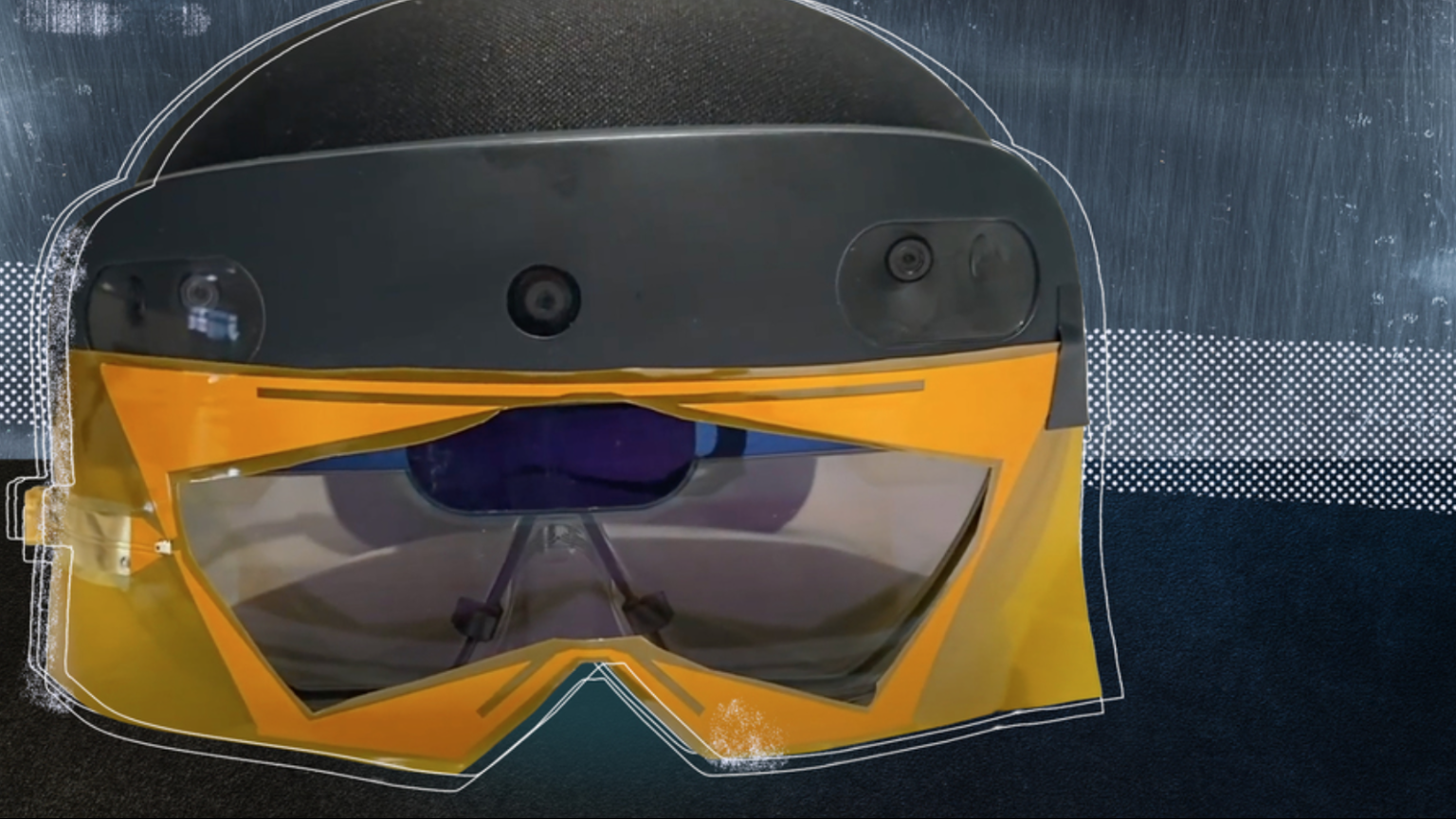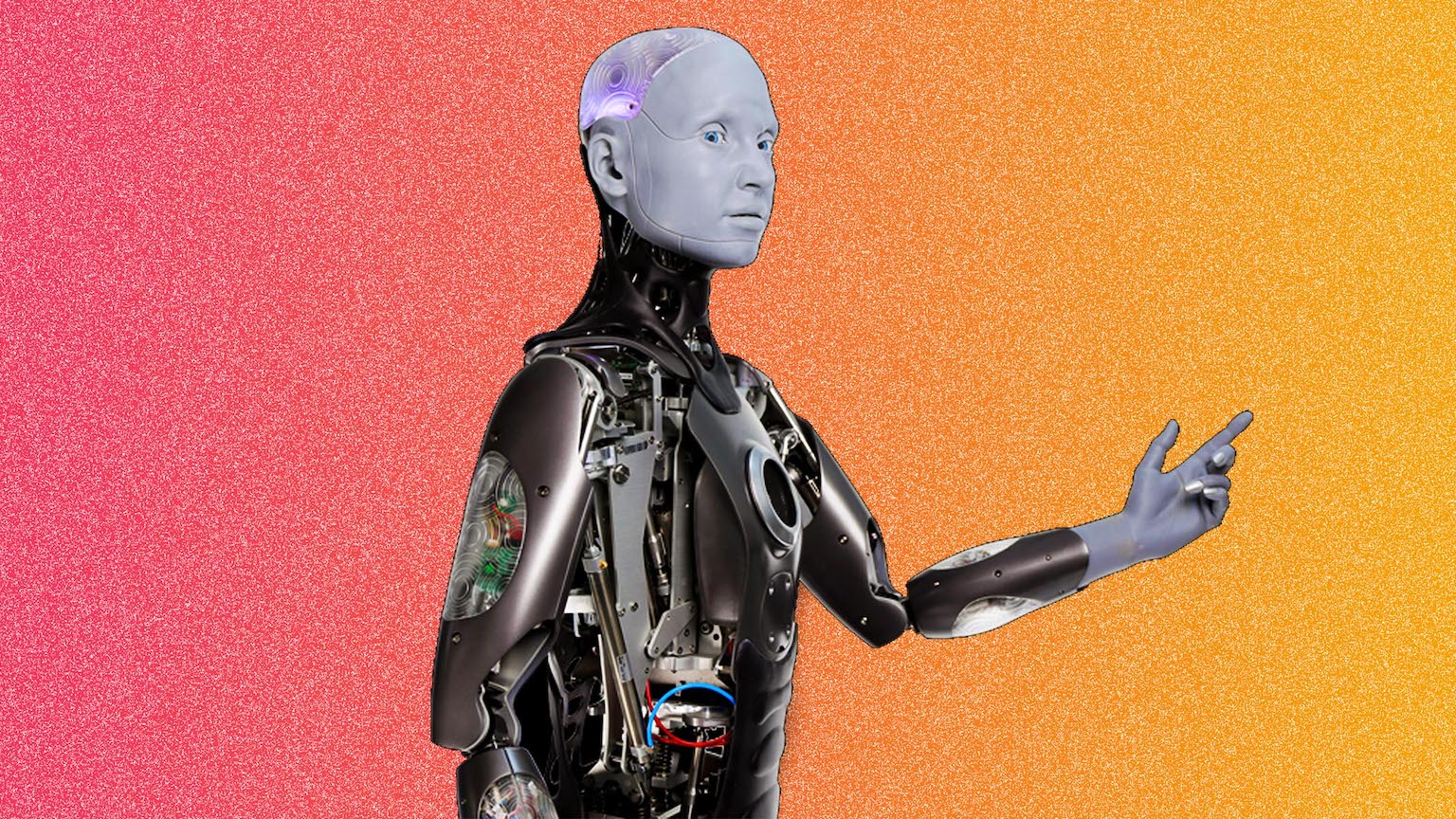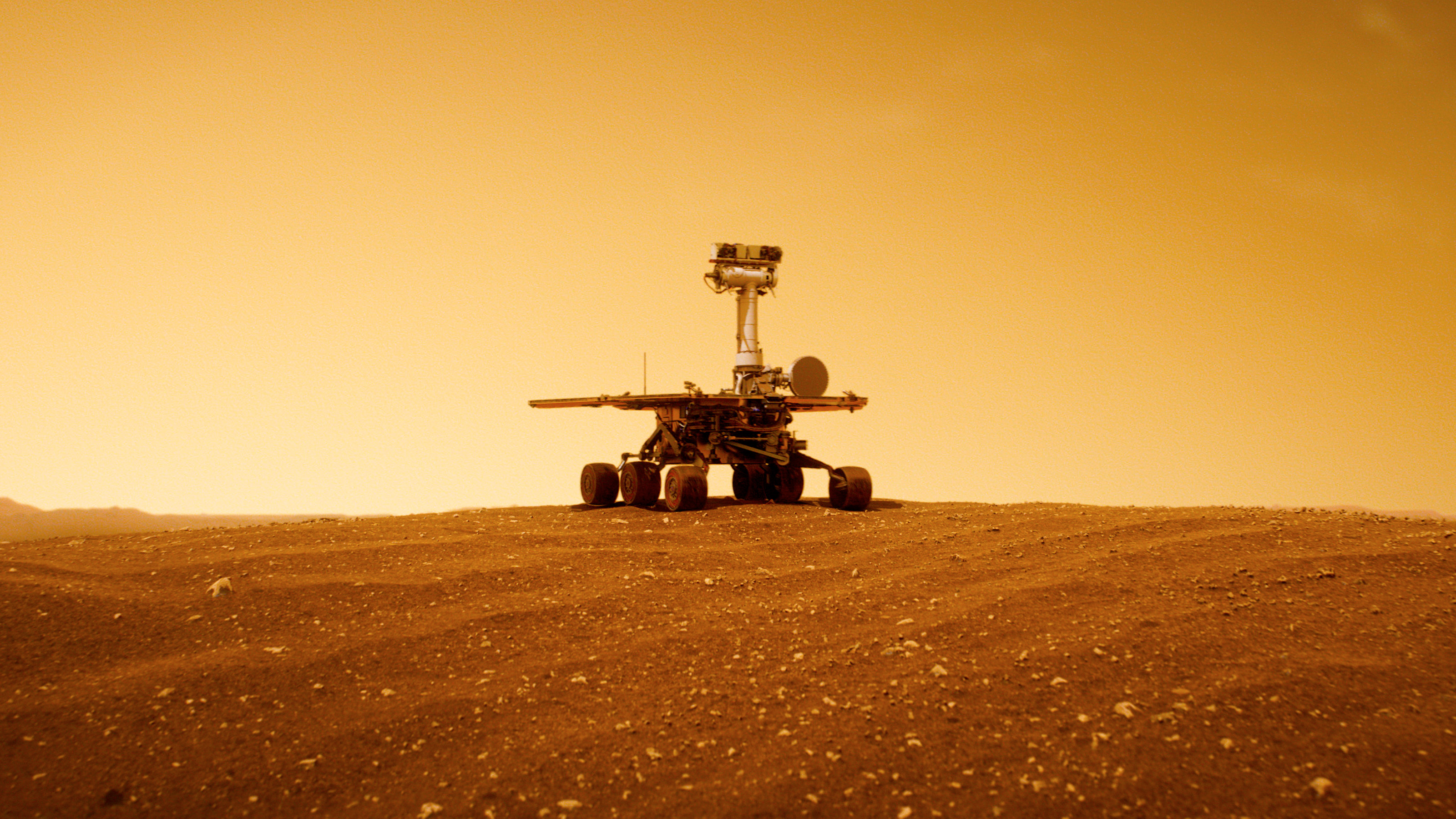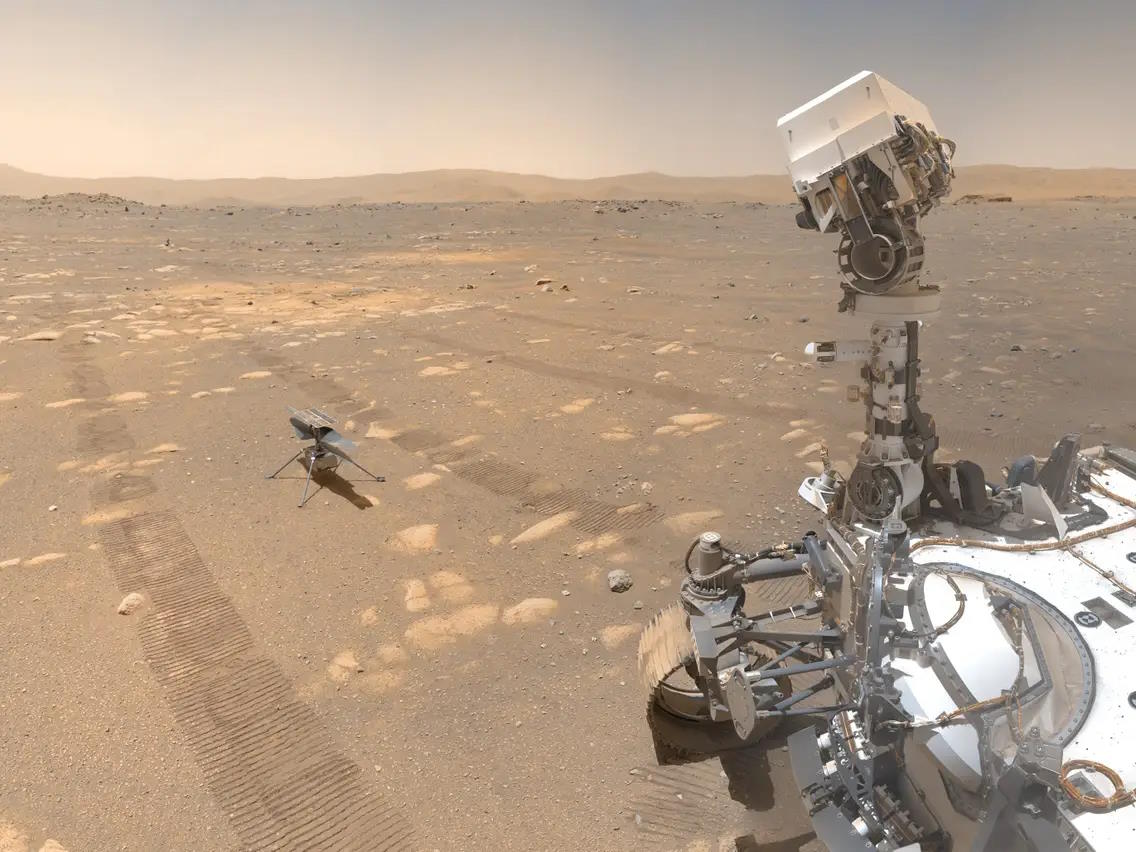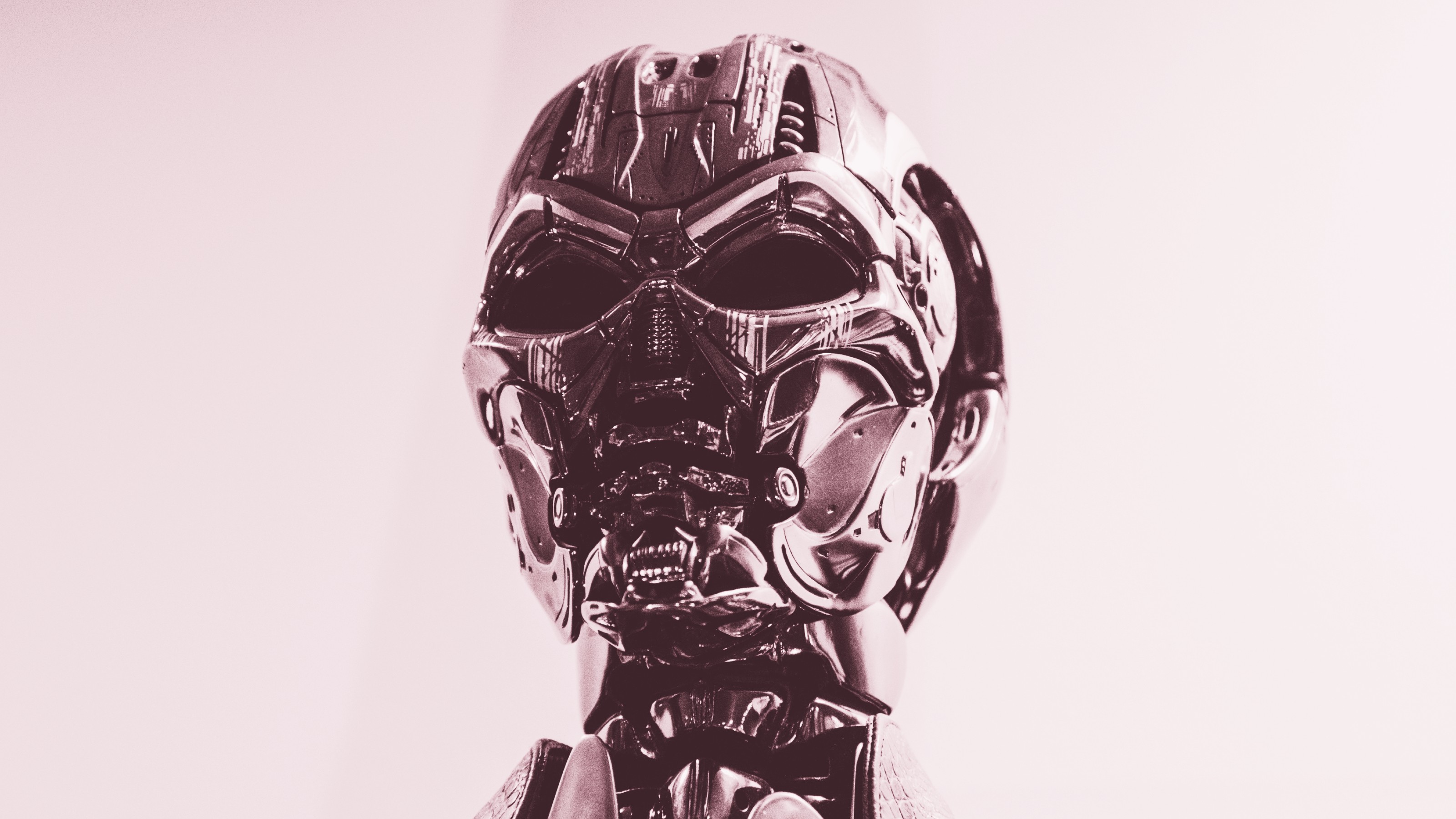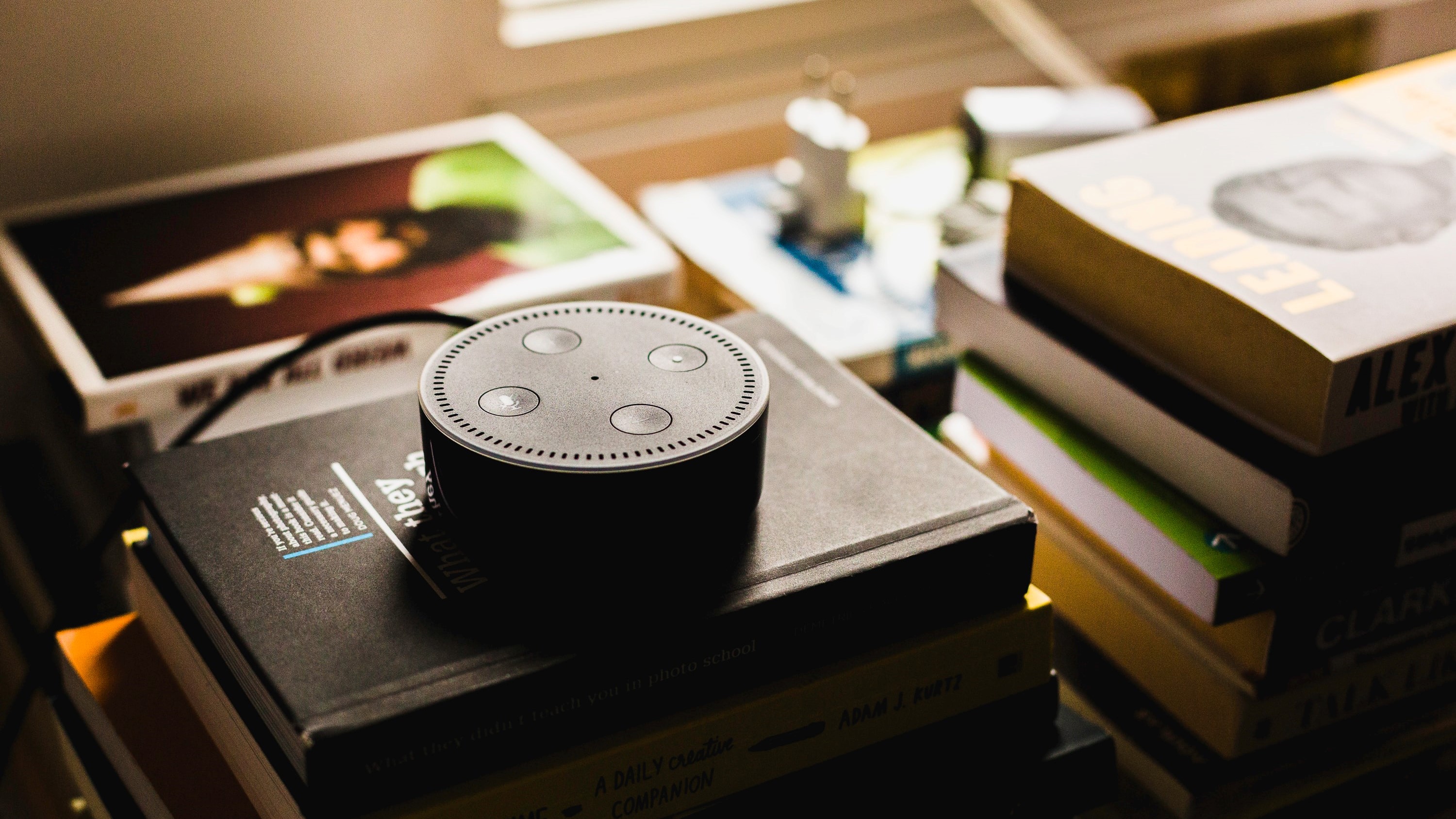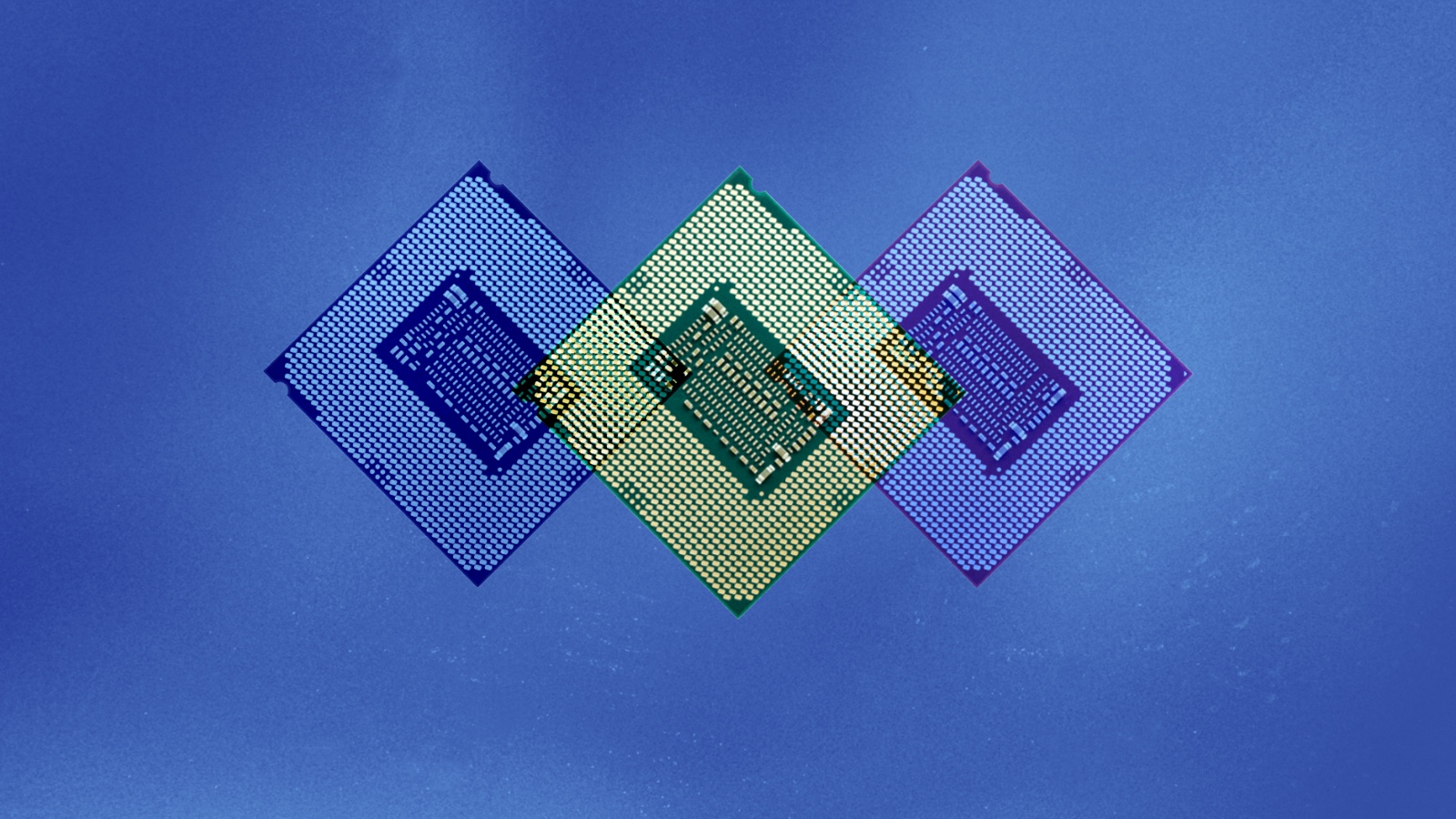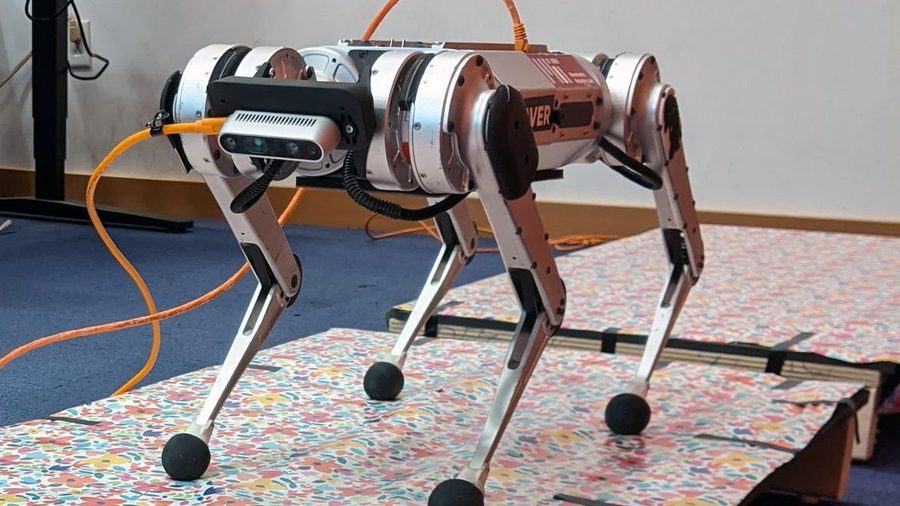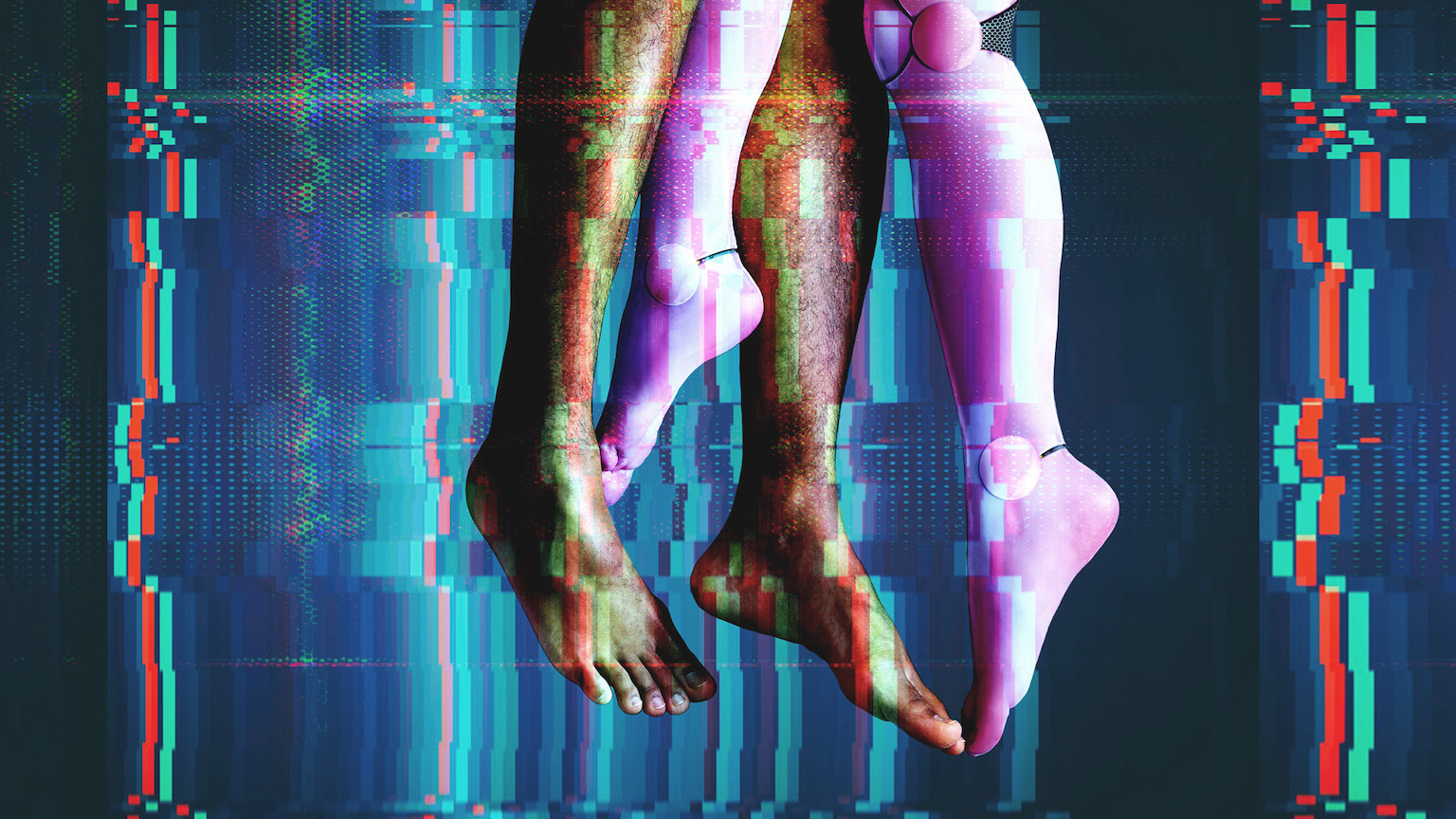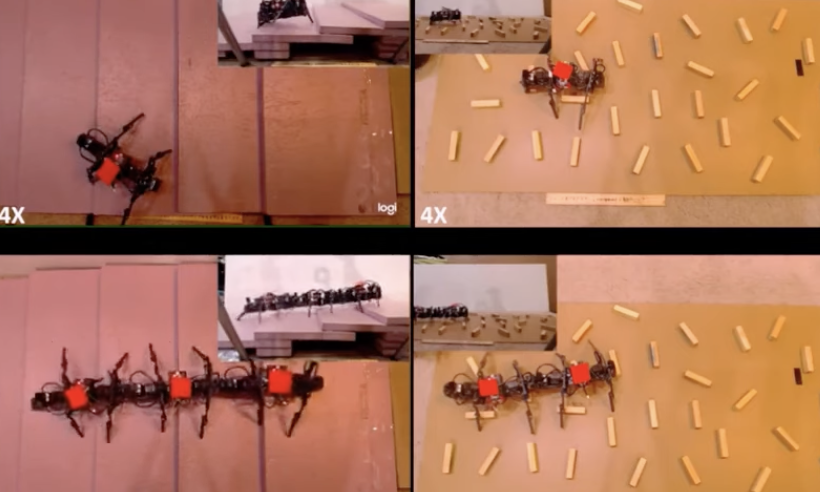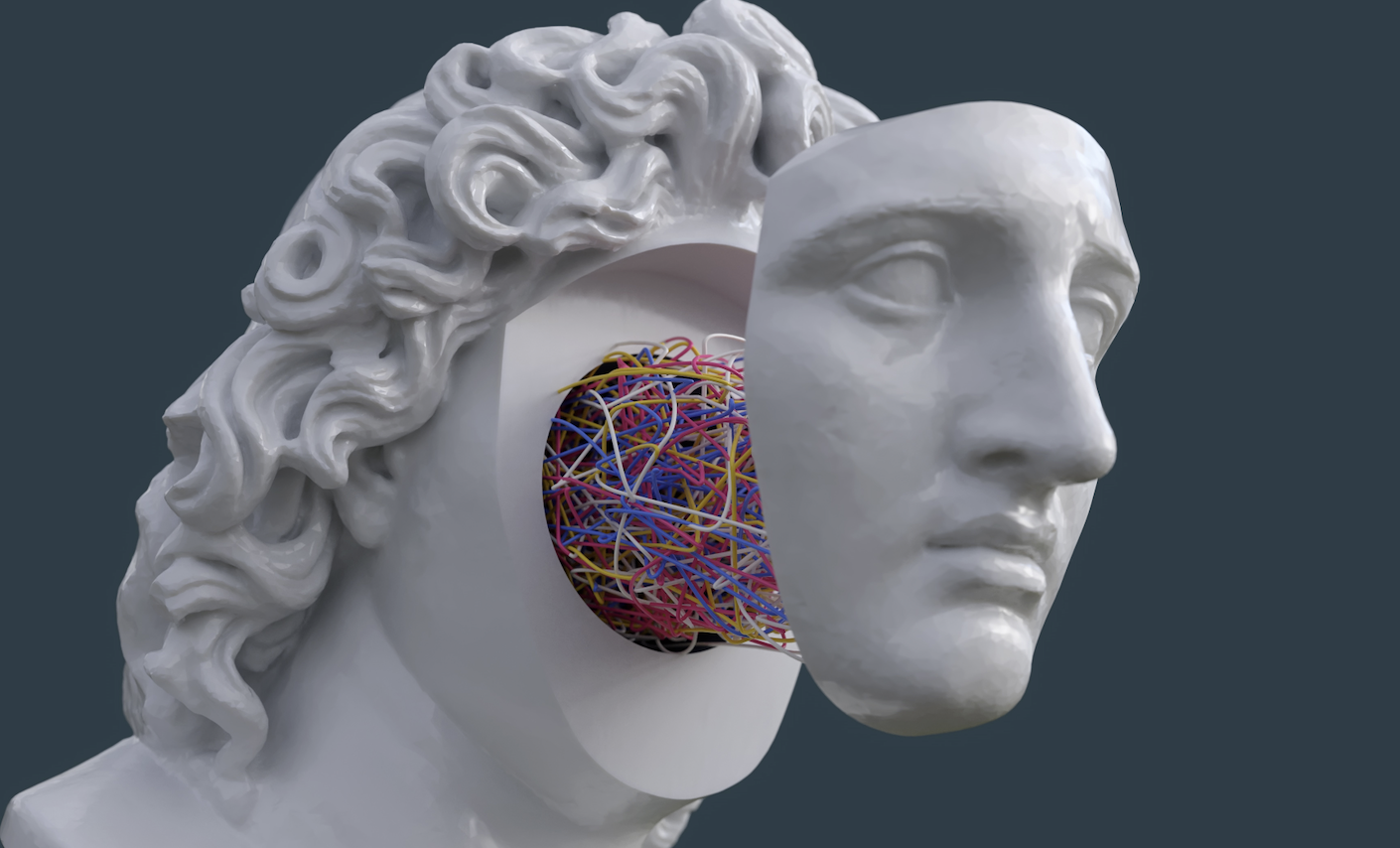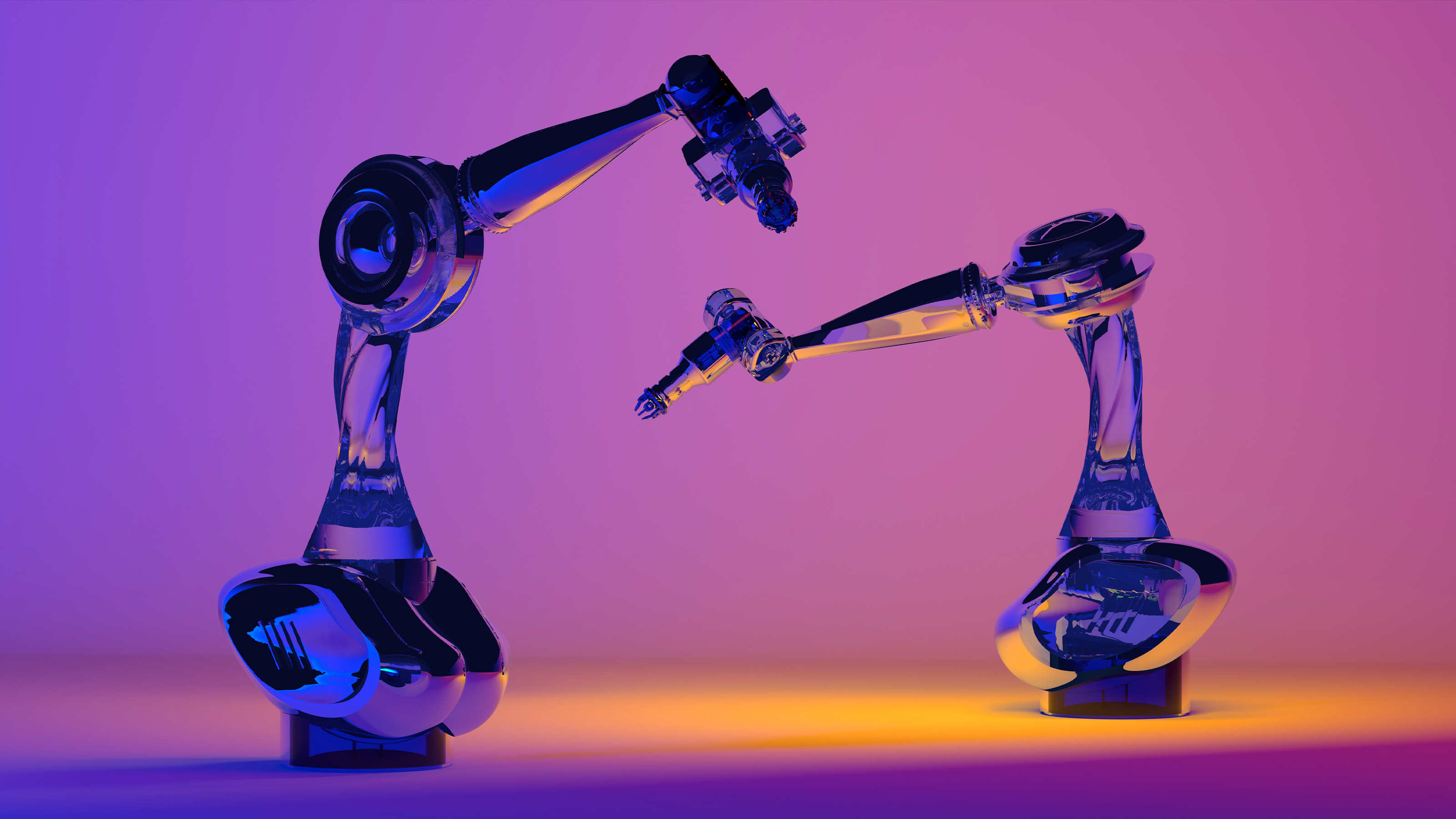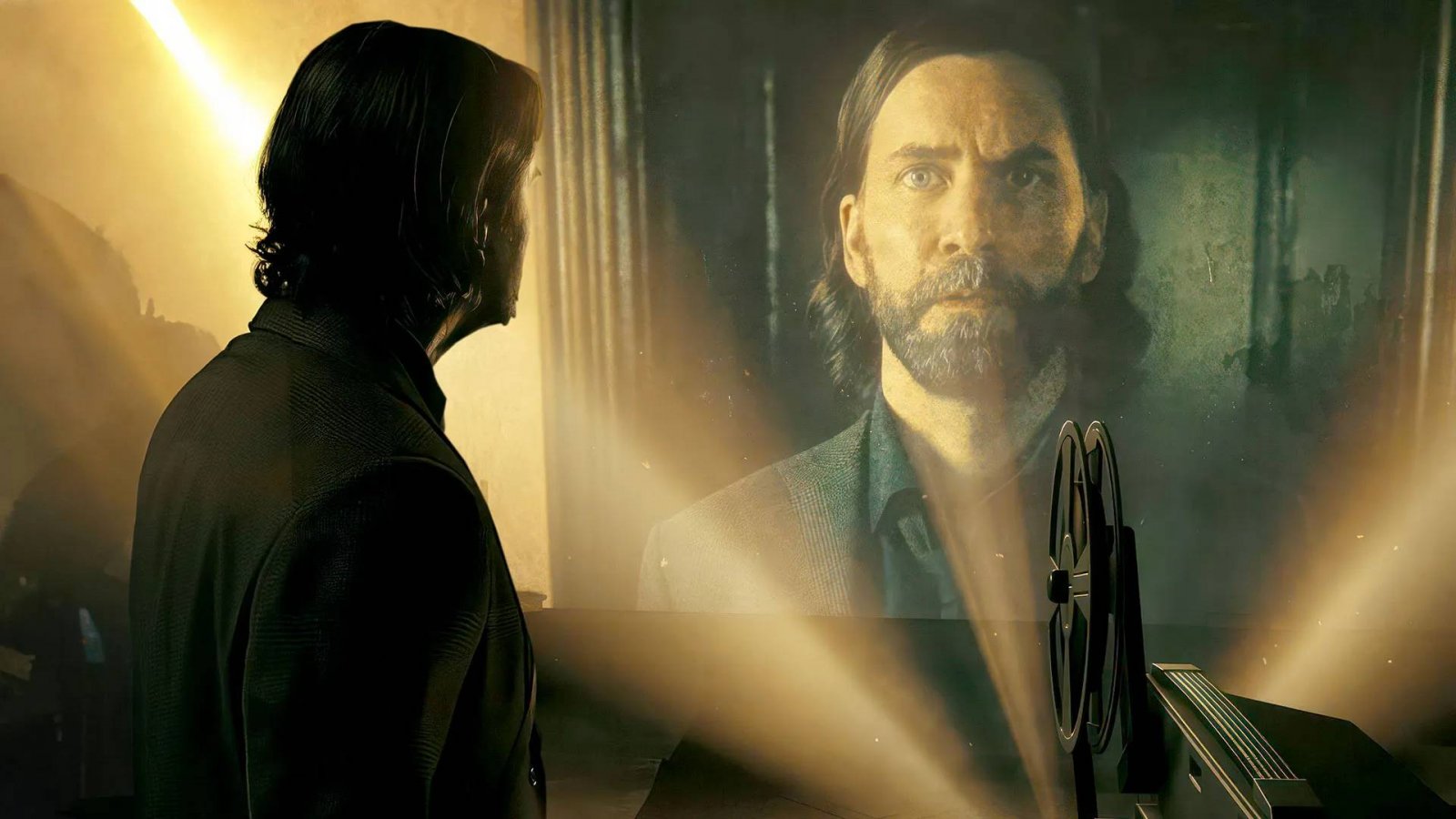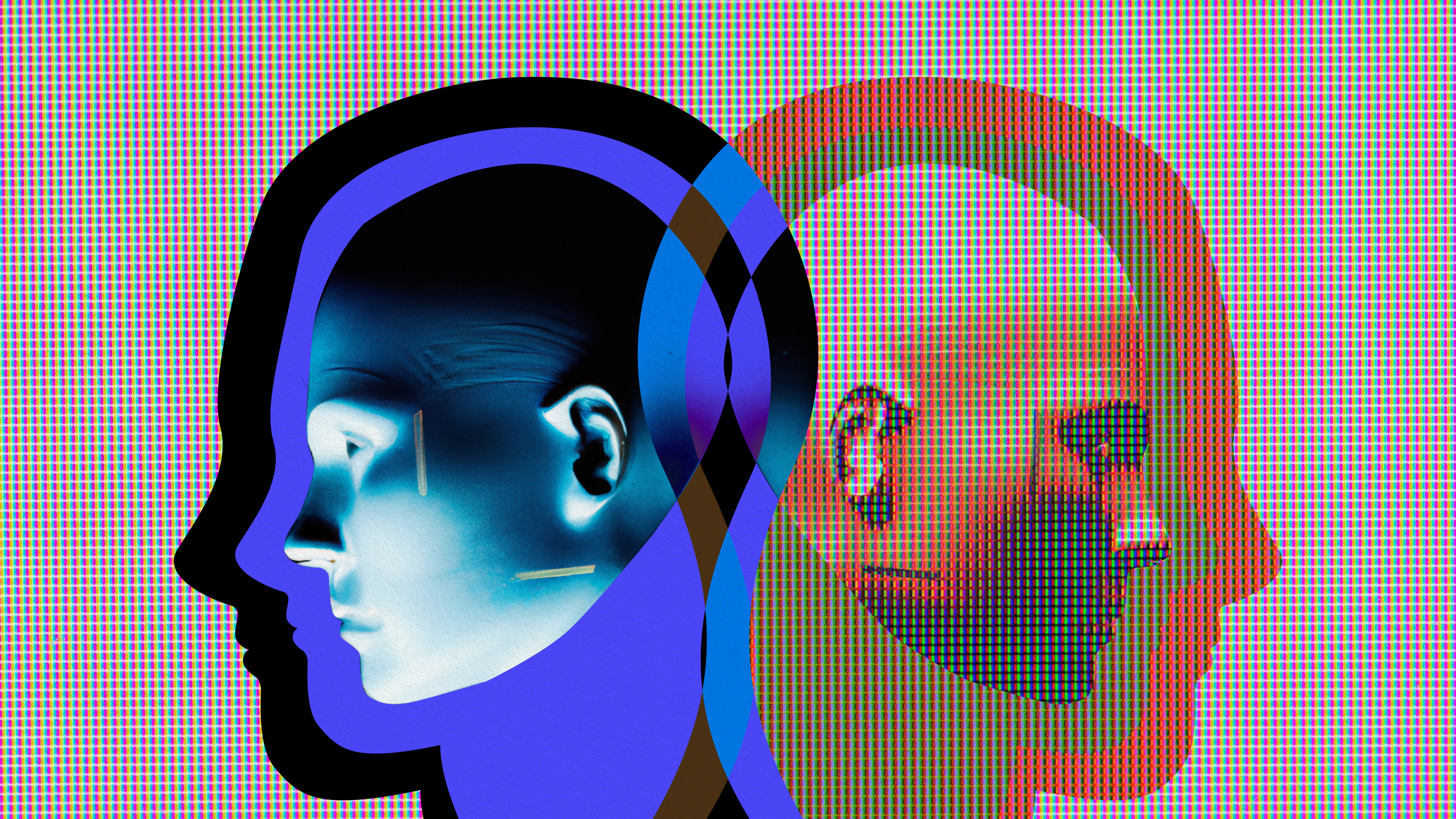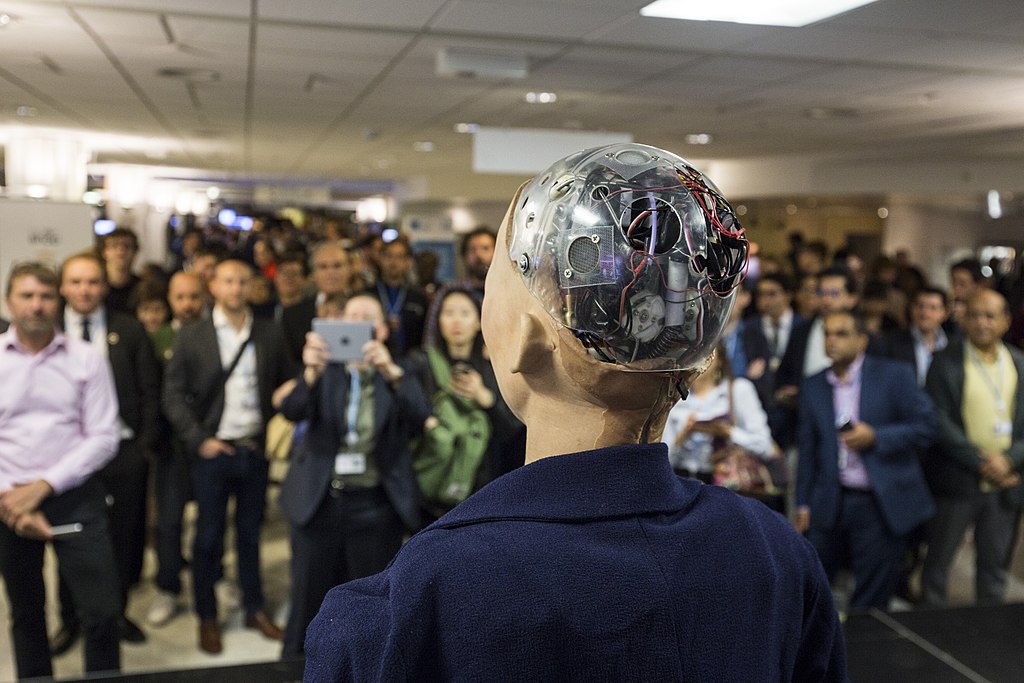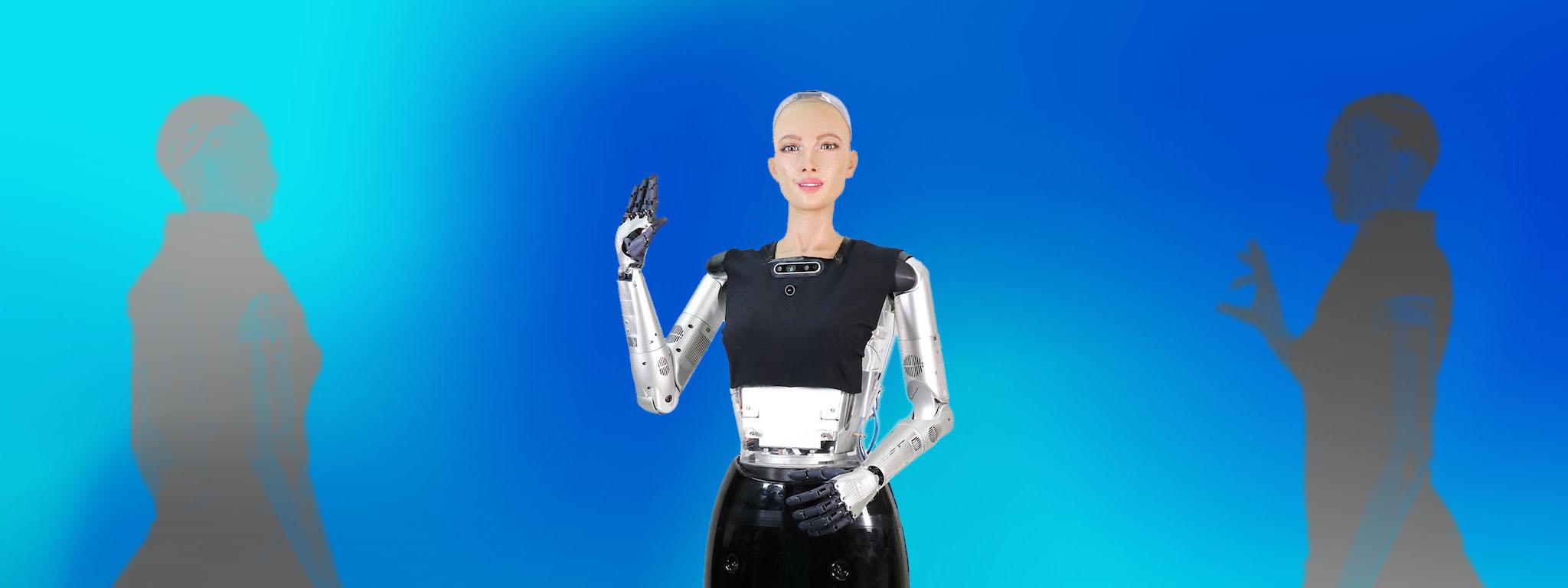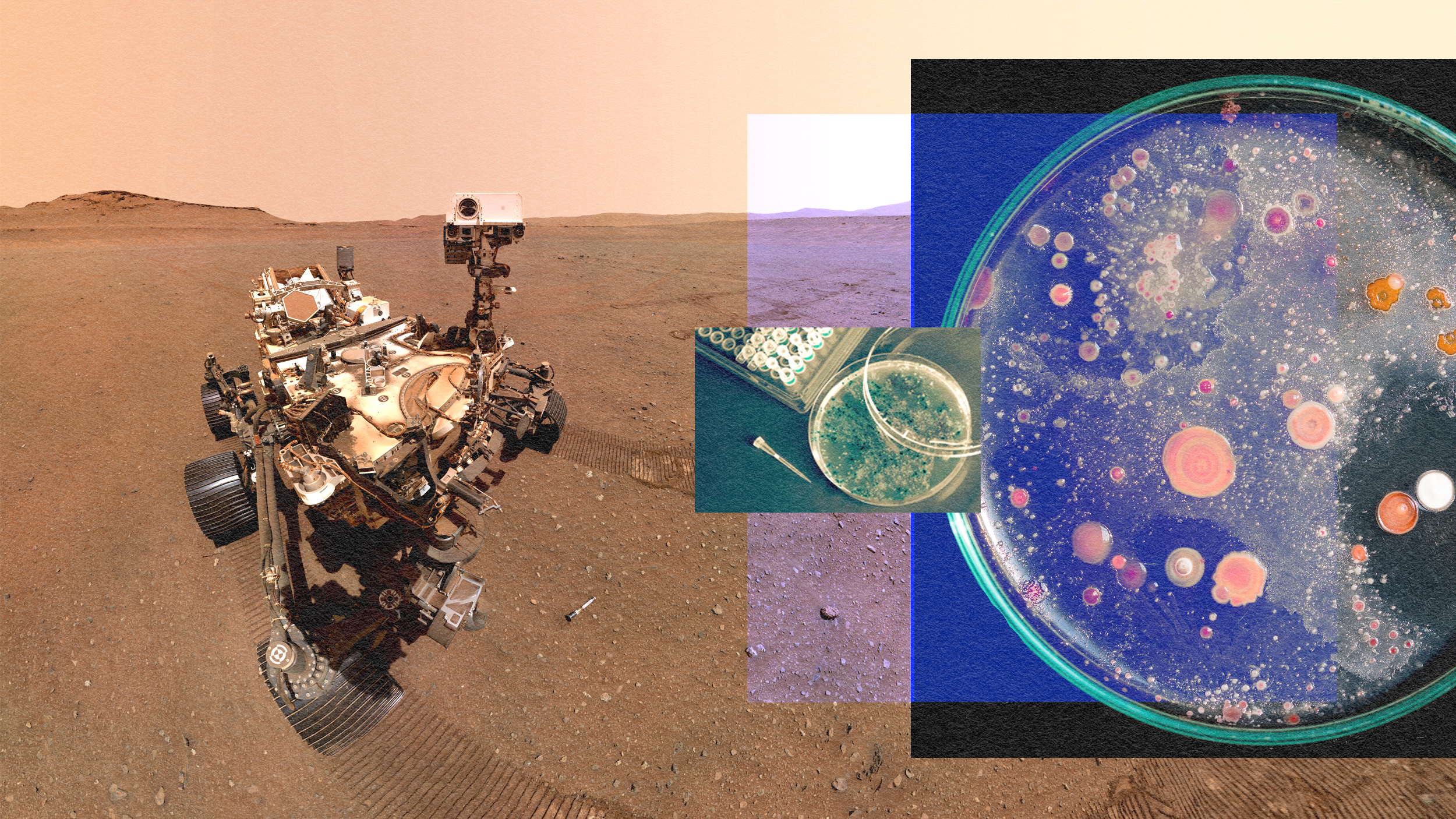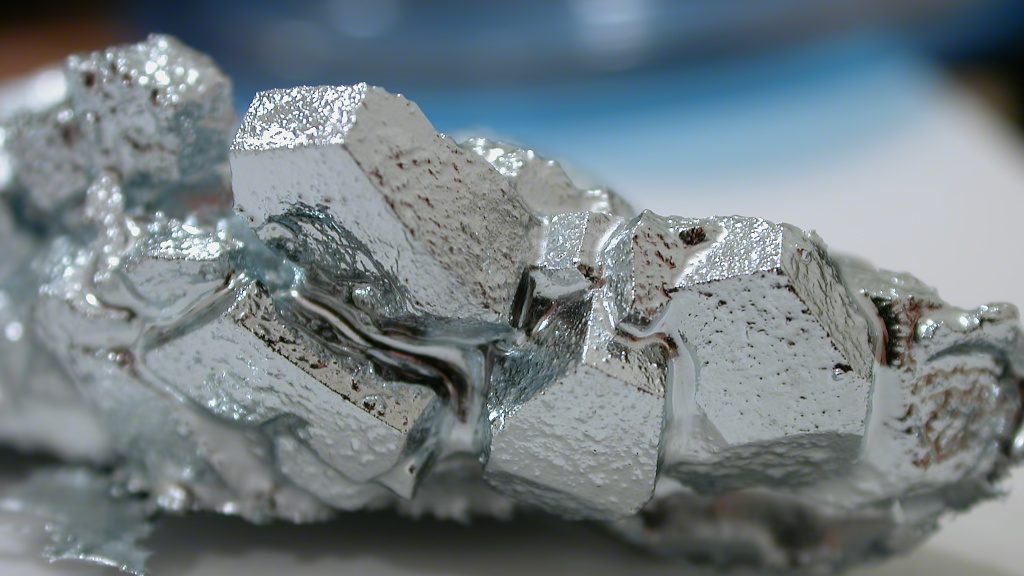We might be dining on insect-based Christmas pies with robot-harvested algae on the side.
Search Results
You searched for: Robots
They cost $1,400 and will make you feel like you’re always on a moving sidewalk.
Automation could help fix the company's financial troubles.
Outfitted with wheels and rotors, the bot can morph from a land drone into a quadcopter in seconds.
The automated McDonald's has a staff comparable to other stores. But the crew members are all focused on making and packaging orders instead of delivering them.
The bots started as windpipe cells, yet they helped nerve cells repair and grow.
"It can truly allow you to see the physical world in ways that were not possible before."
Humanoid robots are coming, and Ameca is designed to be the ideal platform to study human-robot interactions.
Thanks to a couple of rovers, we know Mars was once blue.
Mars, the red planet, was a world we knew almost nothing about until our first spacecraft visited it. In just ~50 years, how far we've come!
From forgotten Hollywood movies to Frank Herbert’s "Dune," science fiction illustrates some of our deepest fears about technology.
The more social behaviors a voice-user interface exhibits, the more likely people are to trust it, engage with it, and consider it to be competent.
When ancient humans stared into the darkness, they imagined monsters. Today, staring into the future, AI is the monster.
Flexible organic circuits might someday hook right into your head.
A new control system, demonstrated using MIT’s robotic mini cheetah, enables four-legged robots to jump across uneven terrain in real-time.
The AI remembers that you are 32 years old and like to eat sushi, except on Thursdays.
Inspired by the group behaviors of simple animals, a team of roboticists has developed a new way for swarm robots to maneuver on land.
Cognitive psychologist and poet Keith Holyoak explores whether artificial intelligence could ever achieve poetic authenticity.
Will all robots think like Jeff Bezos and Mark Zuckerberg?
Video games matter. Their continued technological and artistic development is reshaping the way we satisfy our ancient need to tell stories.
Living is about staying busy.
Big Think columnist Adam Frank makes the case for why the 2023 video game Alan Wake 2 is a boundary-pushing piece of art.
The idea that consciousness emerges naturally alongside intelligence could be an anthropocentric distortion.
The most technically impressive feats of animation often strike us as eerie instead of impressive, and it’s all thanks to the uncanny valley.
In a state of "hyperwar," accidents or unexpected AI decisions could lead to widespread devastation before humans could intervene.
The famous social robot is about to start rolling off the assembly line.
The case for why NASA should pivot to searching for current — not ancient — signs of life.
Engagement with generative AI is a business essential — but all companies should be vigilant.
Bend it. Stretch it. Use it to conduct electricity.

